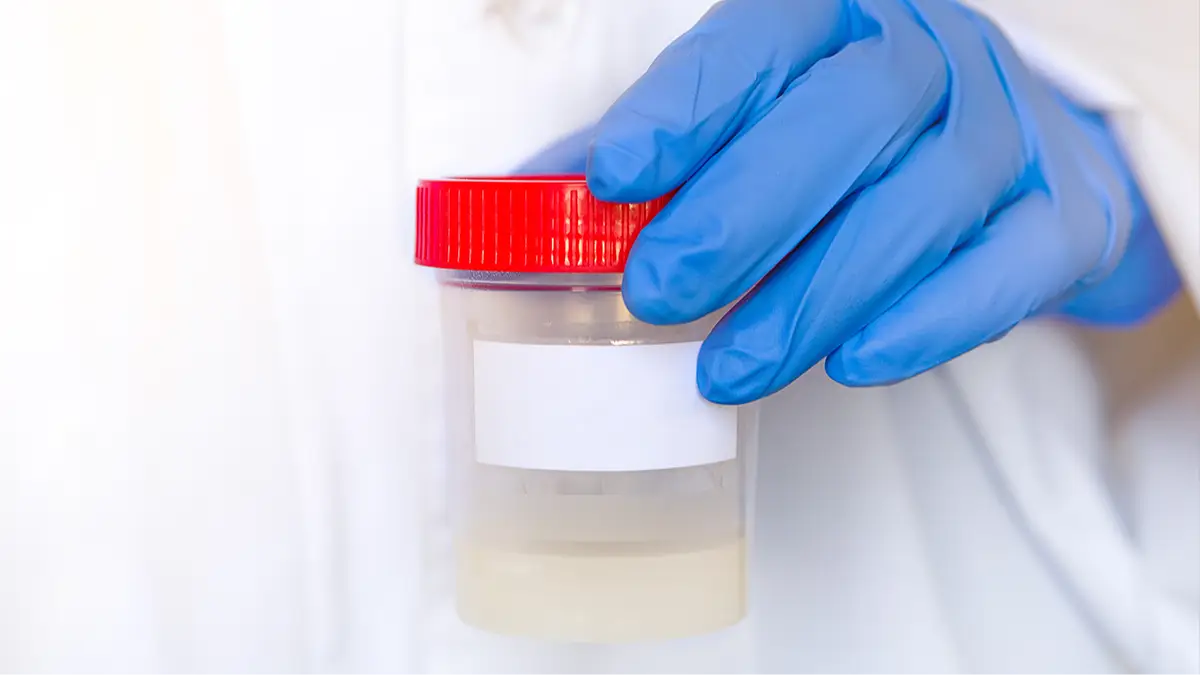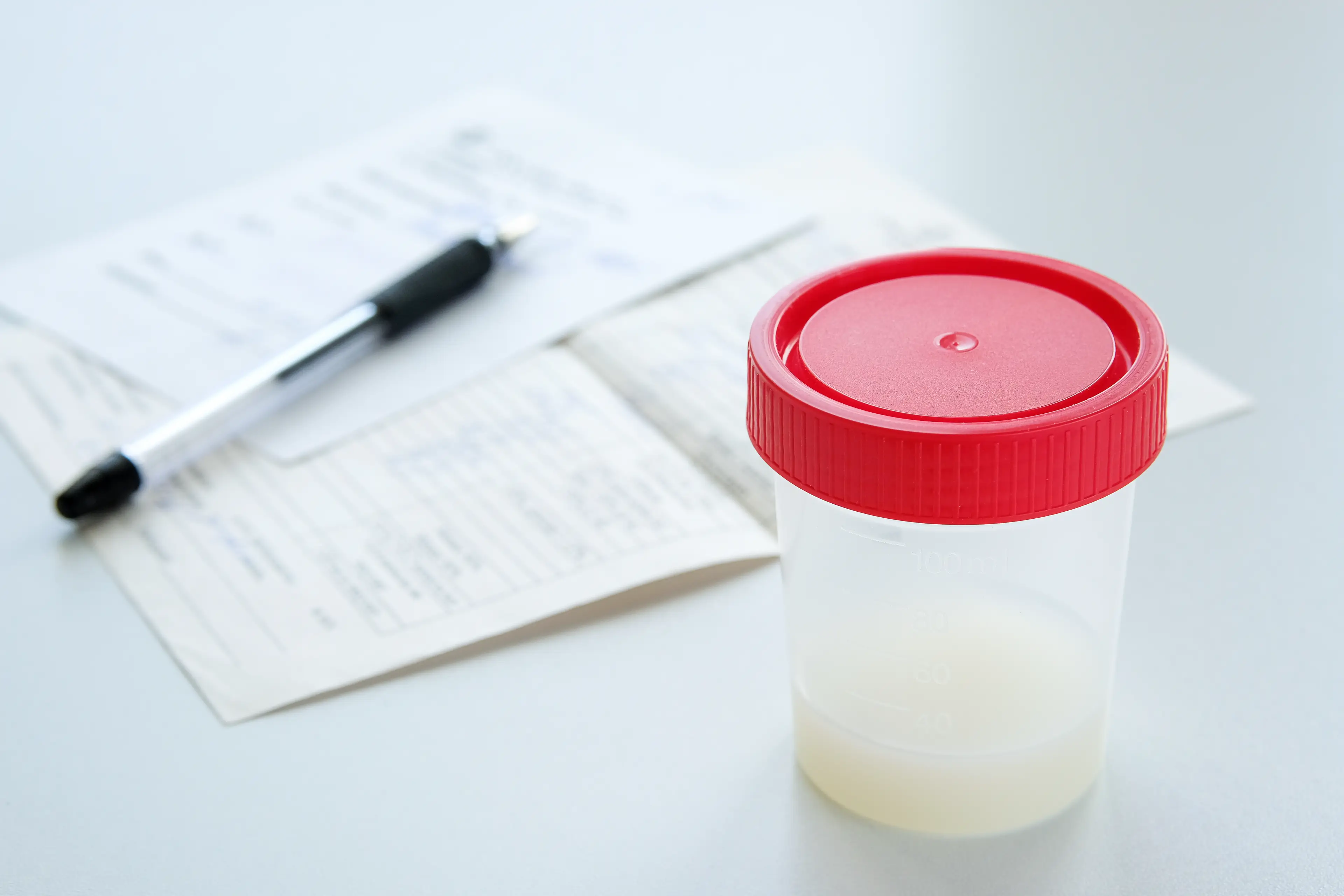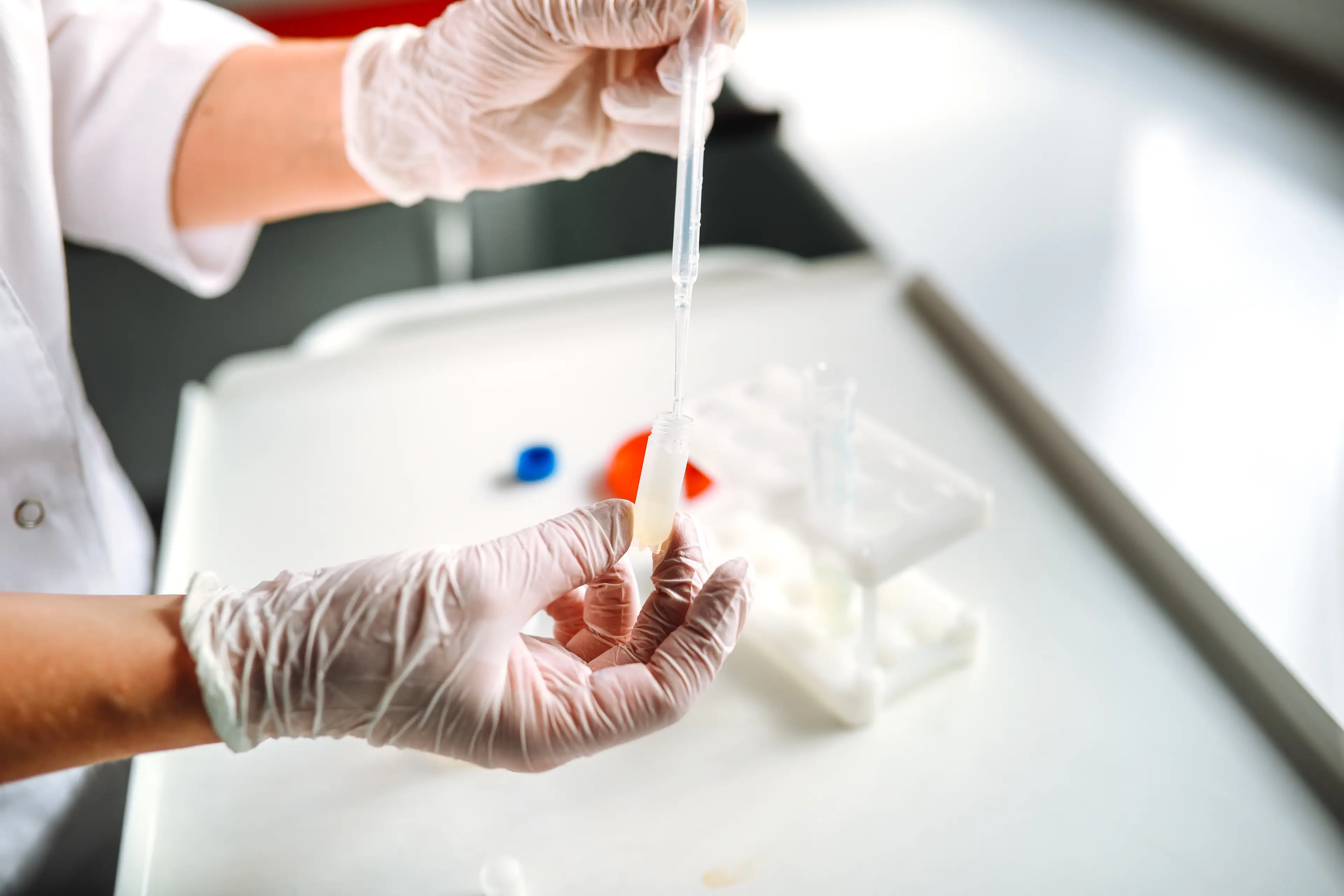
A man who was unaware that he had a rare cancer-carrying mutation donated sperm, which resulted in the births of 67 children.
Now, it has been revealed that 10 of those children have since been diagnosed with cancer, with 20 also having been found to have the same gene variant.
The case initially came to the forefront when two families contacted the fertility clinics to reveal that their children had developed cancer linked to a rare genetic variant called TP53.
According to Medline Plus, this variant can cause a genetic condition called Li-Fraumeni syndrome (LFS), which can increase the risk of developing particular cancers like leukaemia.
Advert
Those with the gene variant are advised to receive MRI body scans and scans of the brain regularly throughout their life.

However, this is relatively new information as it was not known at the time of the donations, the majority of which were in 2008.
The Guardian also reported that the man was considered to be in good health.
Dr Edwige Kasper, a biologist from Rouen University Hospital in France, said: "I analysed the variant using population and patient databases, computer prediction tools and the results of functional trials and came to the conclusion that the variant was probably cancer-causing and that children born from this donor should receive genetic counselling."
There is currently no international standard limit for sperm donation, but the bank where the man made the donations, The European Sperm Bank, has a limit of 75 per donor.
In the case of this donor, they added that more than 67 children had been conceived; however, it was not in their policy to disclose exact numbers.
They also said that the relevant clinics had been alerted.

However, this case, resulting in many children being born between 2008 and as recent as 2015, has raised some concerns about the internationally agreed limits on the use of donor sperm.
Kasper spoke about the immediate need for change to prevent issues like this in the future, adding: "We need to have a European limit on the number of births or families for a single donor.
"We can't do whole-genome sequencing for all sperm donors – I'm not arguing for that. But this is the abnormal dissemination of genetic disease. Not every man has 75 children across Europe."
Nicky Hudson, a professor at De Montfort University in Leicester, reiterated that this particular incident has highlighted the risks associated with moving sperm across borders.
She said: "The important issues at stake here relate to the large number of affected children – which would be limited if only used within one country according to local limits – and the challenge of tracing the families, who can now span multiple countries.

"Whilst these kinds of cases have thankfully been rare, we need to consider ways to limit the possibility of this scenario becoming more frequent in future by coordinating international practice. At the very least we need better systems for tracking donor usage and of informing recipients of this."
A spokesperson for The European Sperm Bank told The Guardian that they were 'deeply affected by this case', adding that the donor had been extensively tested; however, 'it is scientifically simply not possible to detect disease-causing mutations in a person's gene pool if you don't know what you are looking for'.
They added: "We welcome continued dialogue on setting an internationally mandated family limit and have advocated for this on several occasions. This is also why we have proactively implemented our own international limit of 75 families per donor."
UNILAD has contacted The European Sperm Bank for further comment.
Topics: Cancer, Health, News, World News